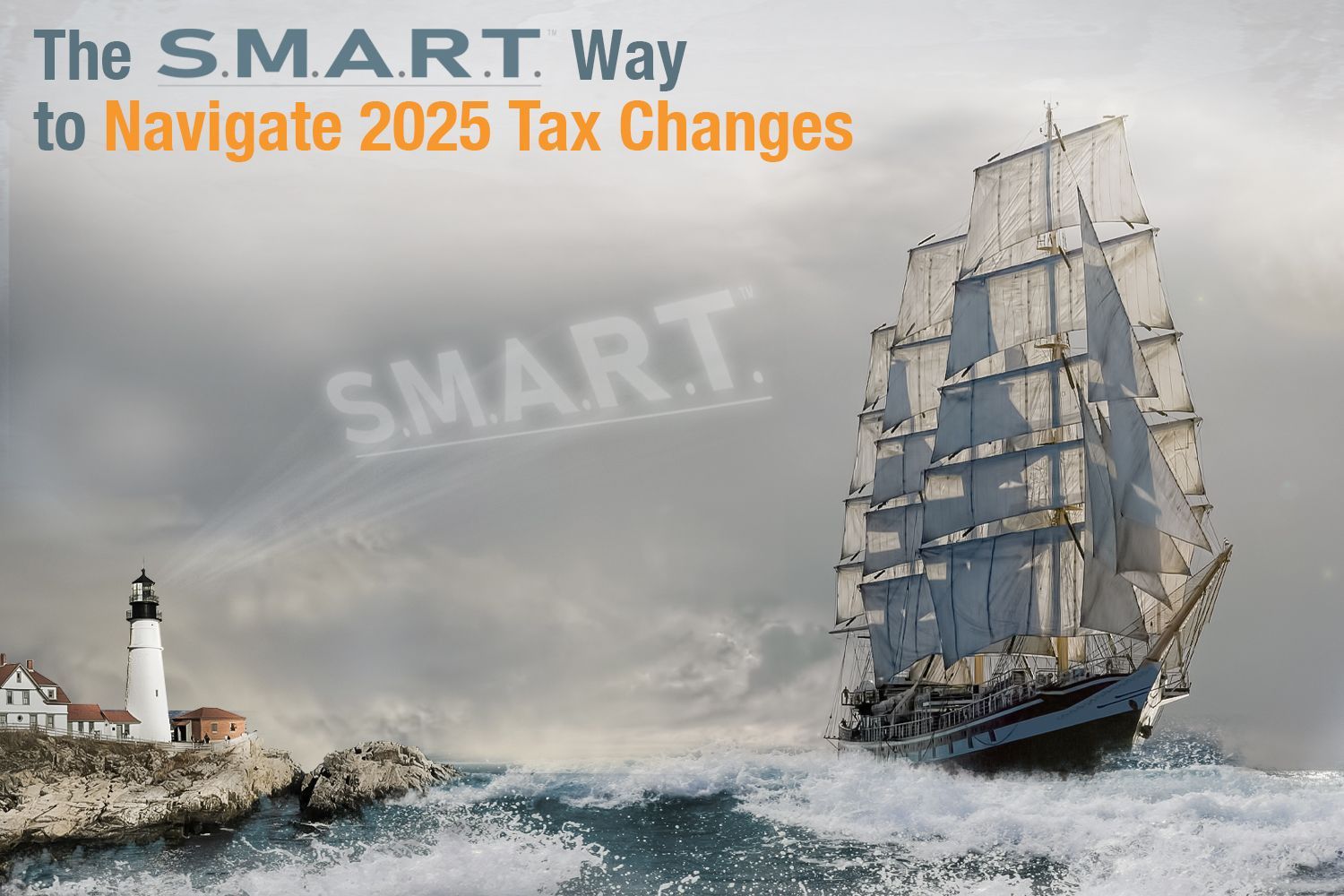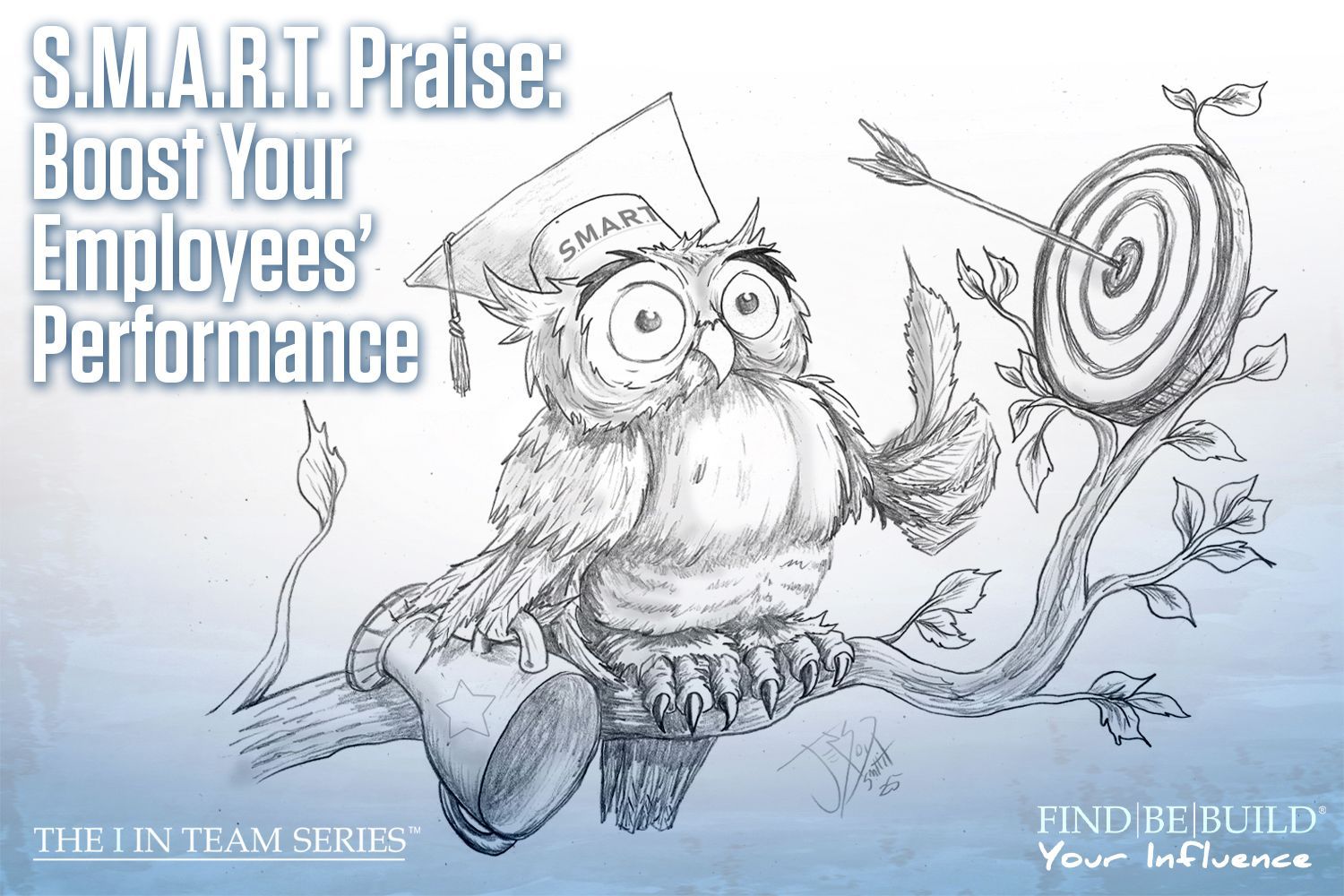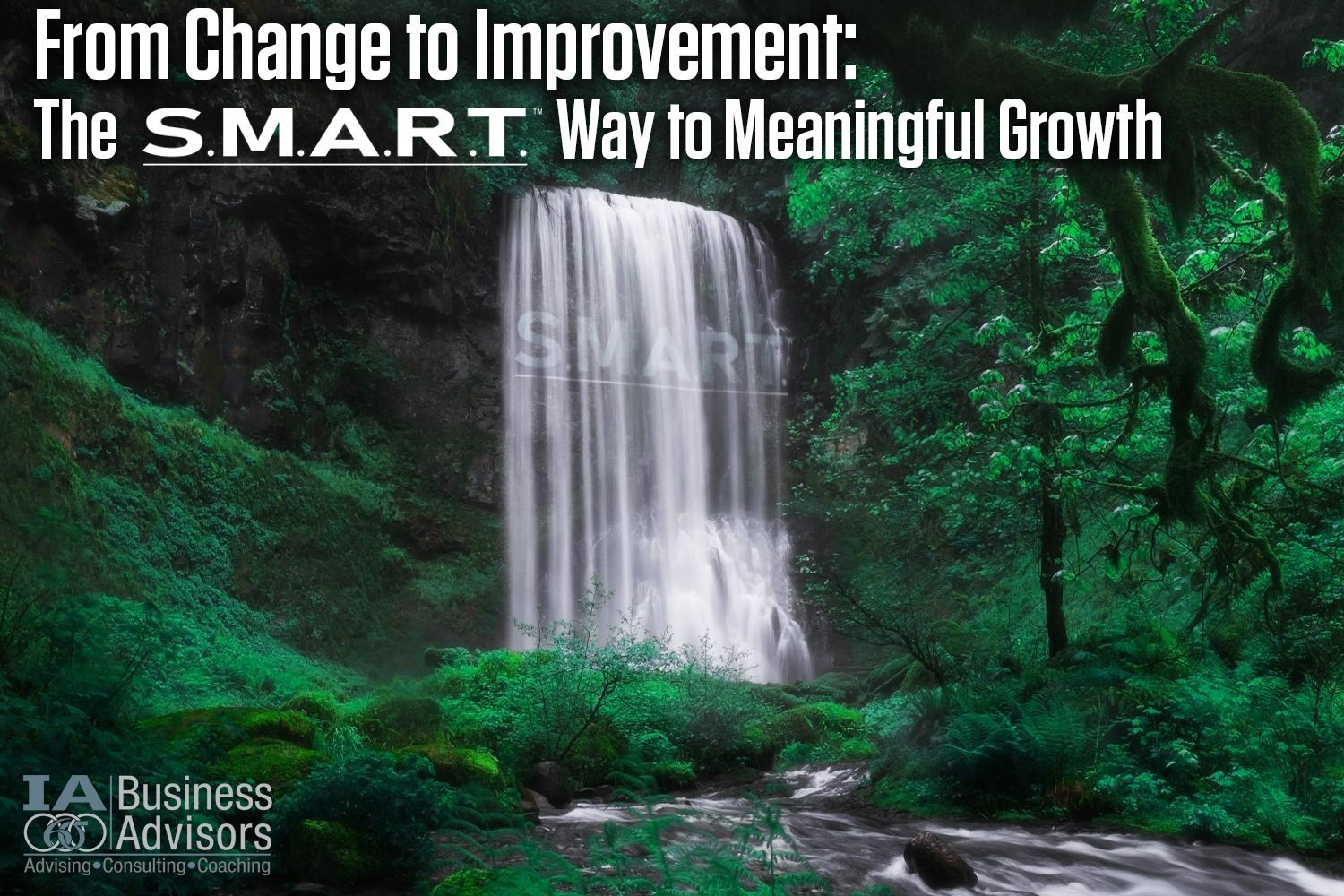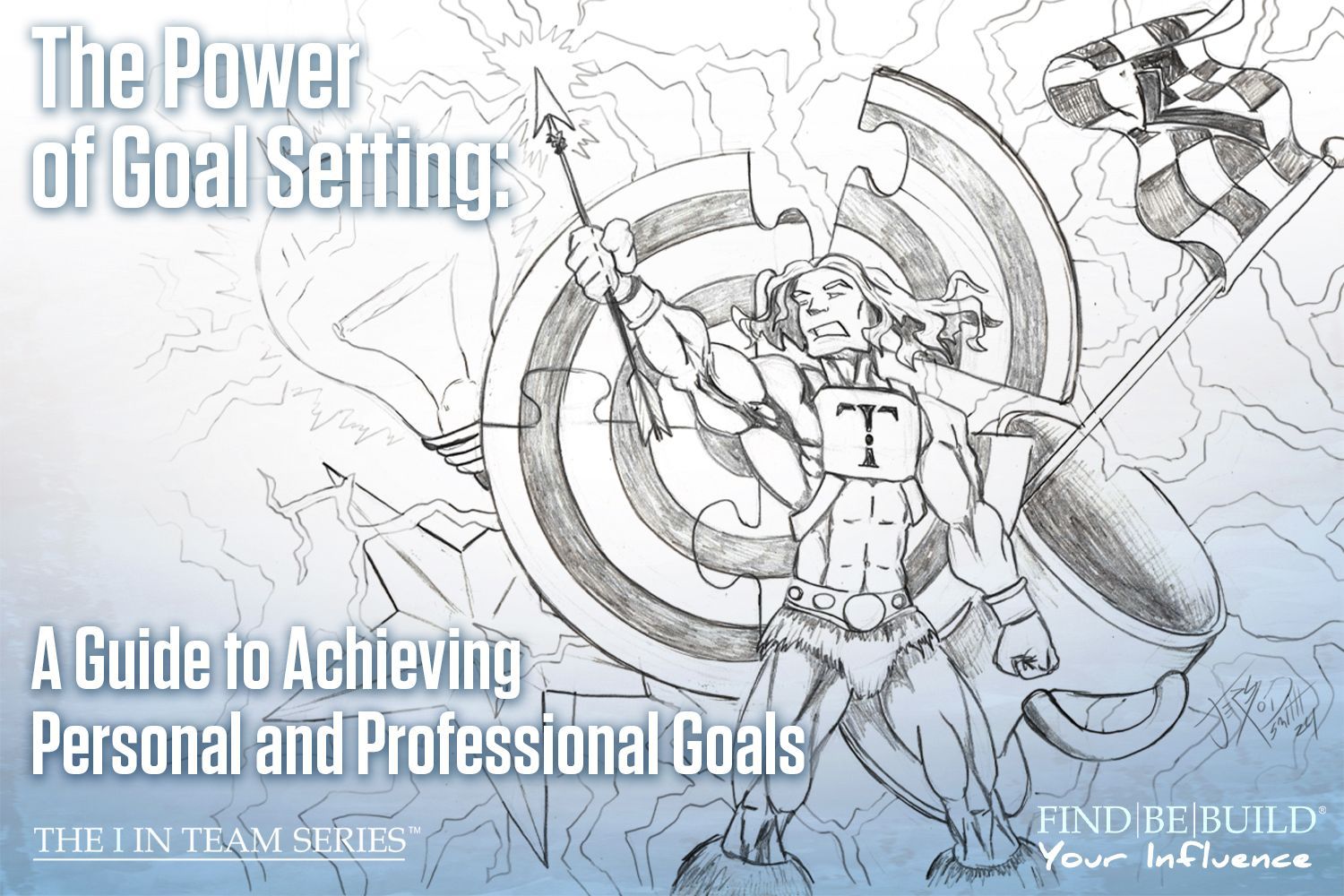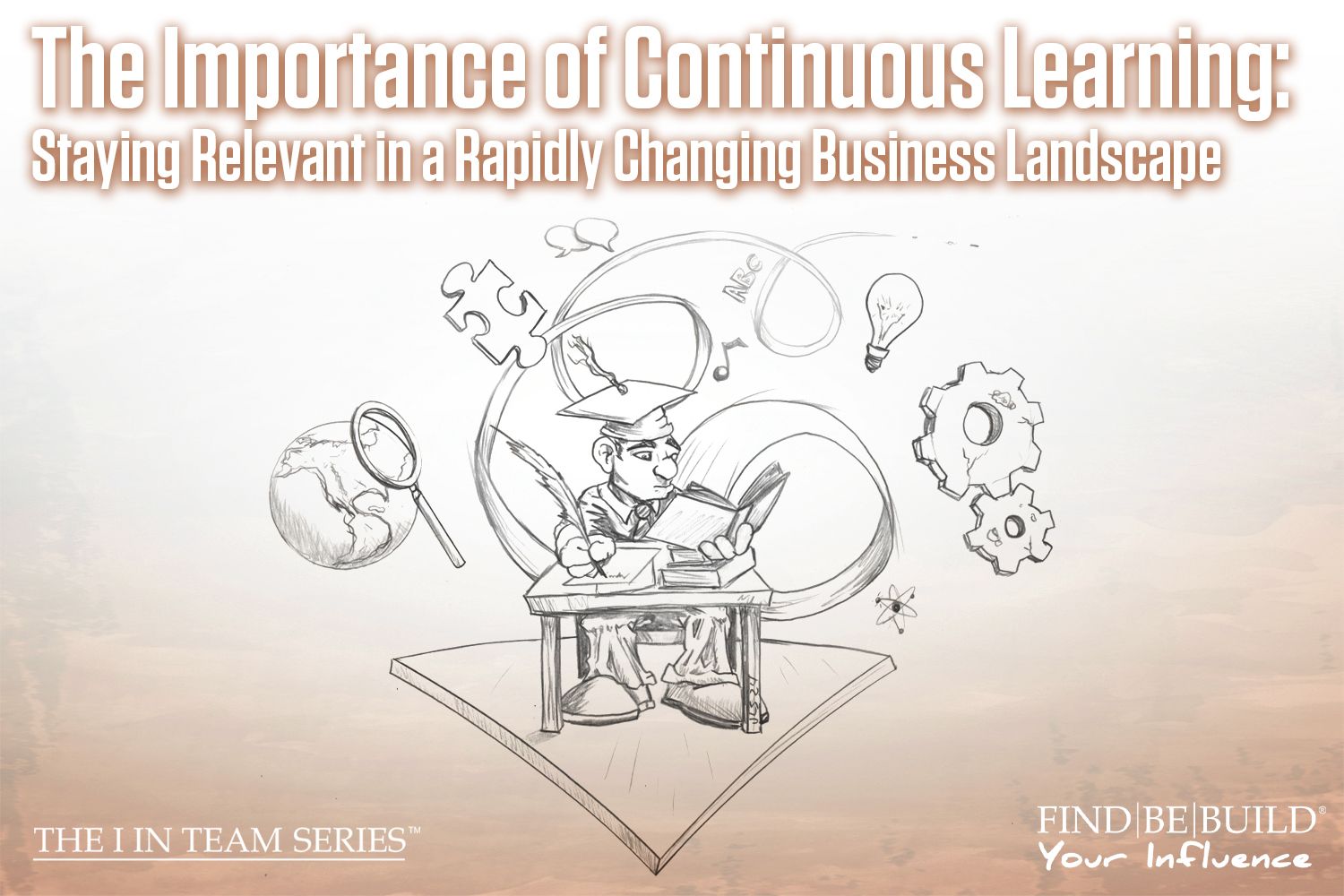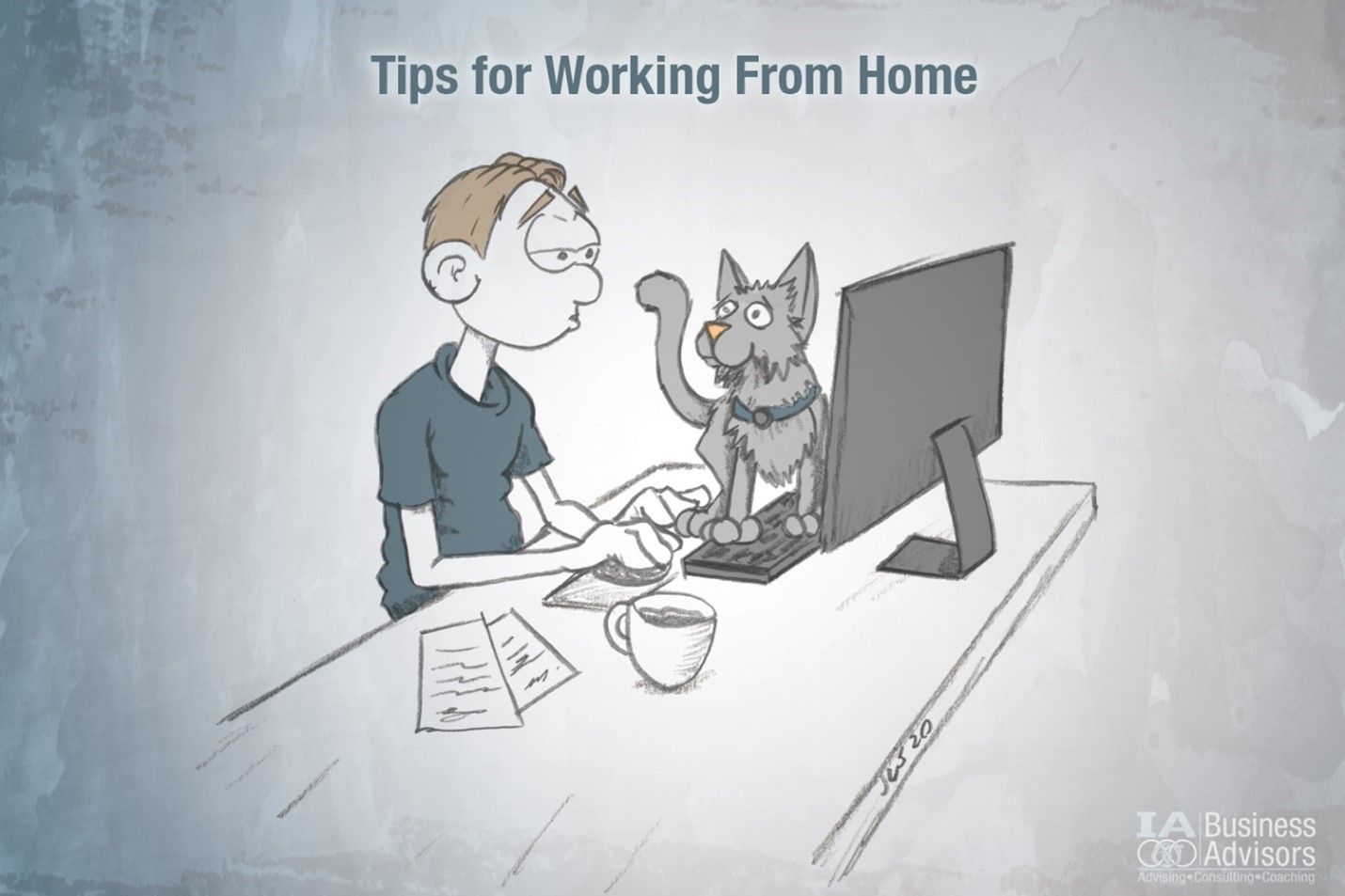4 Reasons I Don’t Like Getting Free Advice

After a networking meeting last week, I stuck around to catch up with some friends and business owners I haven’t seen since before the holidays. One business owner I talked with was expressing frustration with an experience with a local free “business advisor.” I listened patiently while observing that the free advice had some serious issues. Here are 4 reasons I don’t like getting free advice:
1) Anyone Can Give Free Advice.
The uncle you see once a year at the holiday dinner probably had some sage advice after a few glasses – not sure if his advice was great, but you get the picture. I happen to know the local free “business advisor” and this person is educated and experienced. The advice you want to be very discerning about is the advice you receive in off-hand comments or from people who haven’t “been there, done that.”
It’s okay to ask clarifying questions like, “How has this advice worked for you?” or, “How has this advice impacted your customers?” I’ve noticed that free advice is usually presented with the thought of how easy it is to implement. Like an article I remember reading when I was 18 that said, “If you save $200 per month from the time you turn 18 to the time you turn 25 you will be a millionaire by 50.” Sounds easy, almost too easy. When people give out free advice, the advice giver rarely takes the time to help you implement it. This is the number one thing holding back small business owners and entrepreneurs.
2) Lack of Accountability.
What happens if the advice doesn’t work or it gets misinterpreted? Ever have a follow up question a few days later? The person who gave you the advice (suddenly) forgets ever giving you the advice in the first place! You see, I don’t like getting free advice because it’s hard to hold someone accountable when they haven’t been paid.
On the other hand, when someone is paid for their advice, like an attorney, accountant, or business consultant, they want to make sure you get the right information because they are liable for the advice. You may get an email or checklist that confirms the verbal advice because the person who was paid wants to make sure you didn’t mishear or misinterpret the advice.
3) Lack of Due Diligence.
Free advice can often be given in haste or without much thought at all to the ramifications (legally or procedurally) that may impact a decision. Some common advice (that doesn’t make sense due to a lack of due diligence) may sound like this: “You should hire a salesperson, because that’s the only way to grow.” Or, “You should always use the vendor with the lowest price.” What tends to happen with advice that doesn’t have due diligence is a problem is either created or compounded and becomes very expensive.
4) Lack of Viability.
With no skin in the game, giving out free advice doesn’t create a viable business model. However, people who are paid for their advice often times go above and beyond to make an experience great. They will do this because their livelihood and their business’s reputation depend on you telling other people how great your experience was. Be very careful accepting advice when its effectiveness doesn’t correlate to more or less business.
If you’ve made it this far, then you probably realize you’re reading free advice right now. The difference is I’m trying to educate you on the challenges that business owners face. This is very different from broadcasting how easy it is to become a millionaire overnight – although I wish you all the best if you bought a Powerball Lottery ticket for the $1.5B Jackpot.
What is the worst Free Advice you’ve ever received? How about the best piece of advice?

